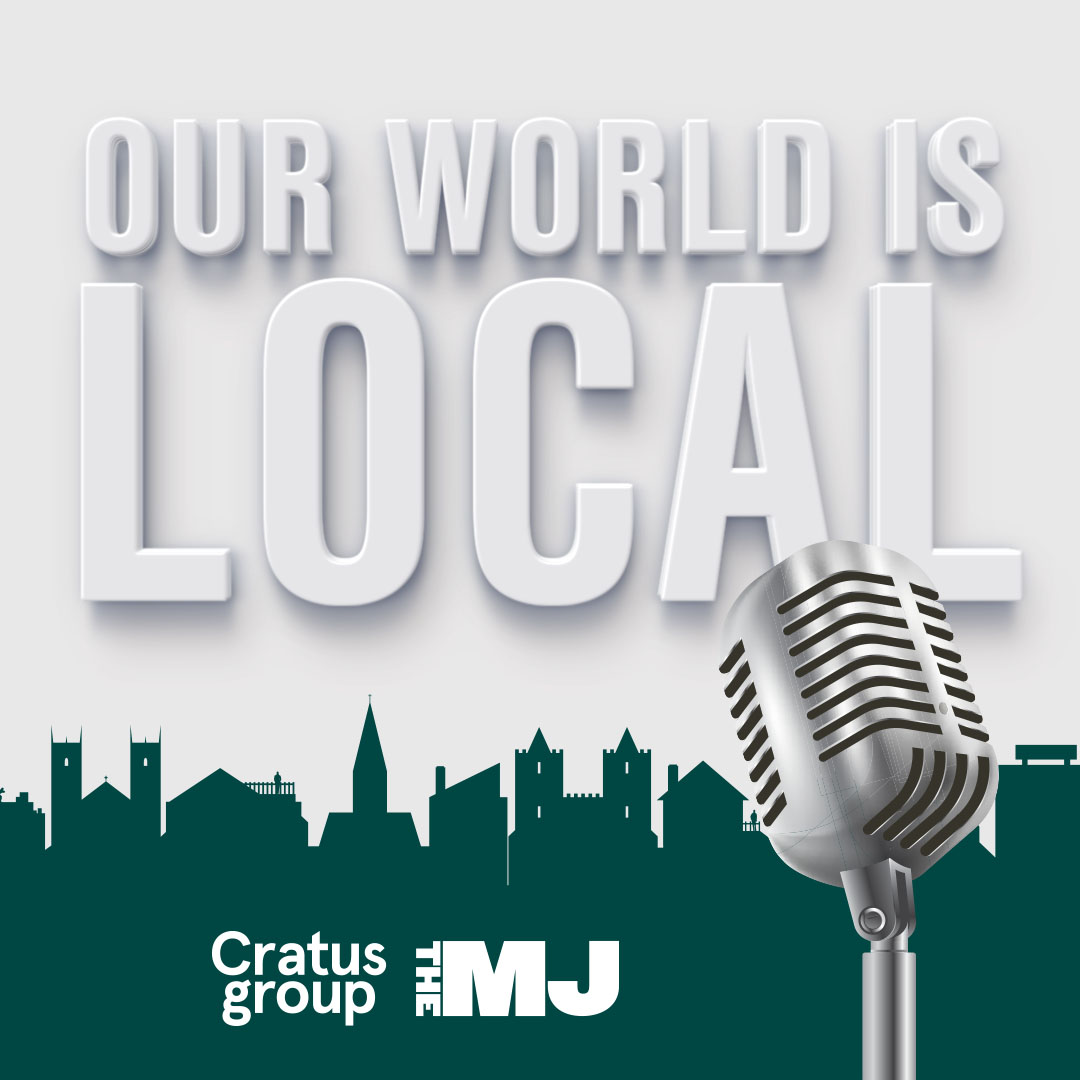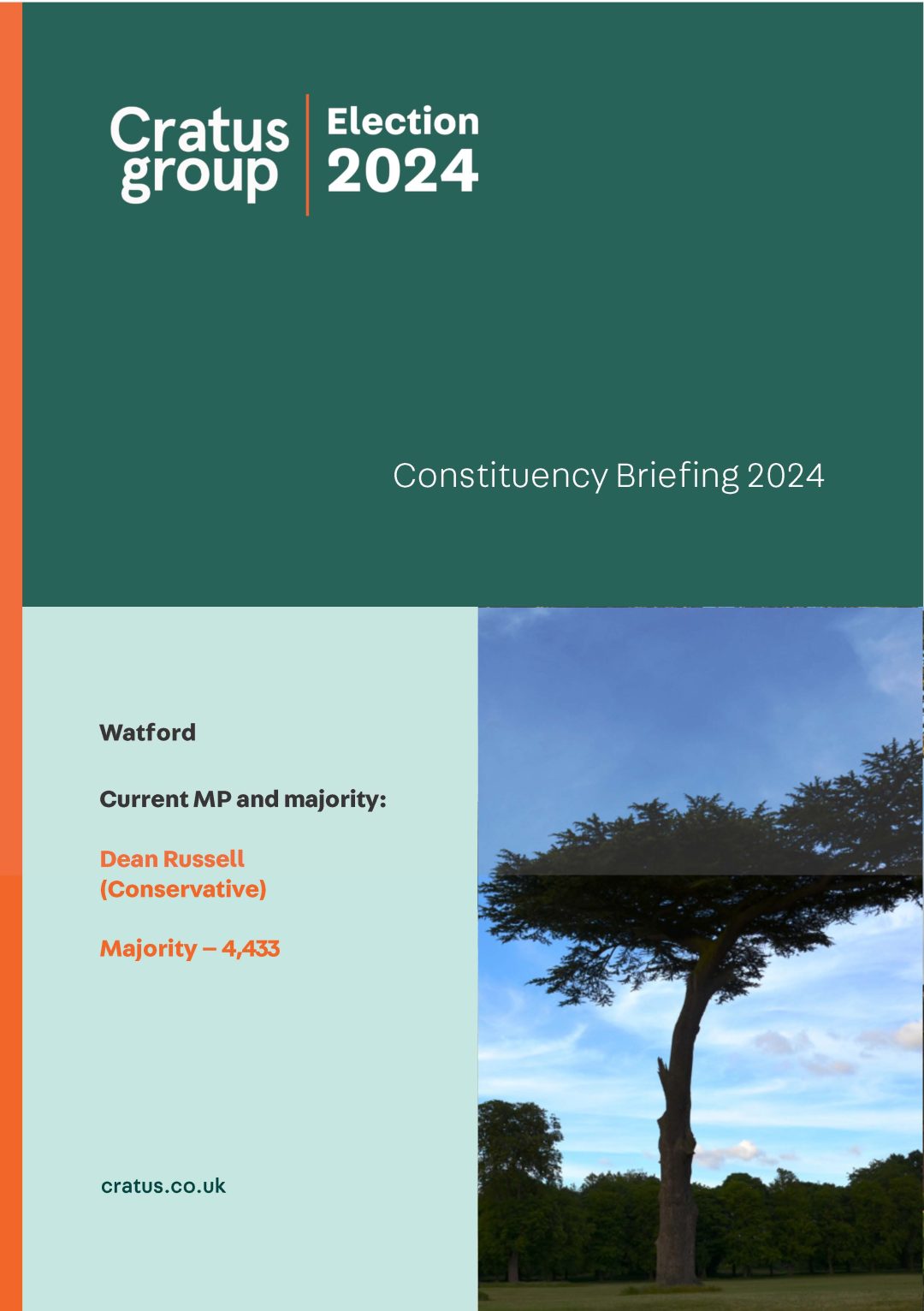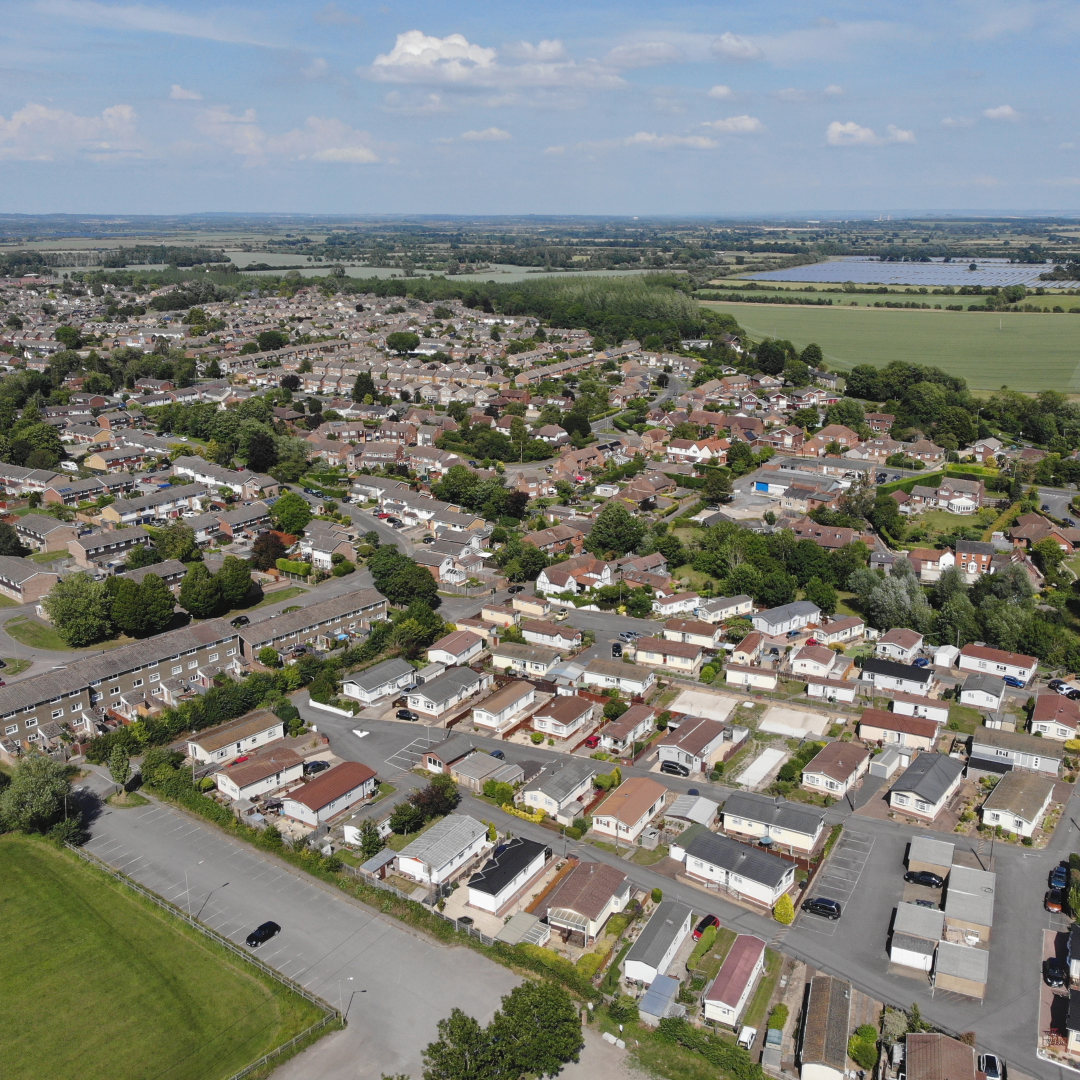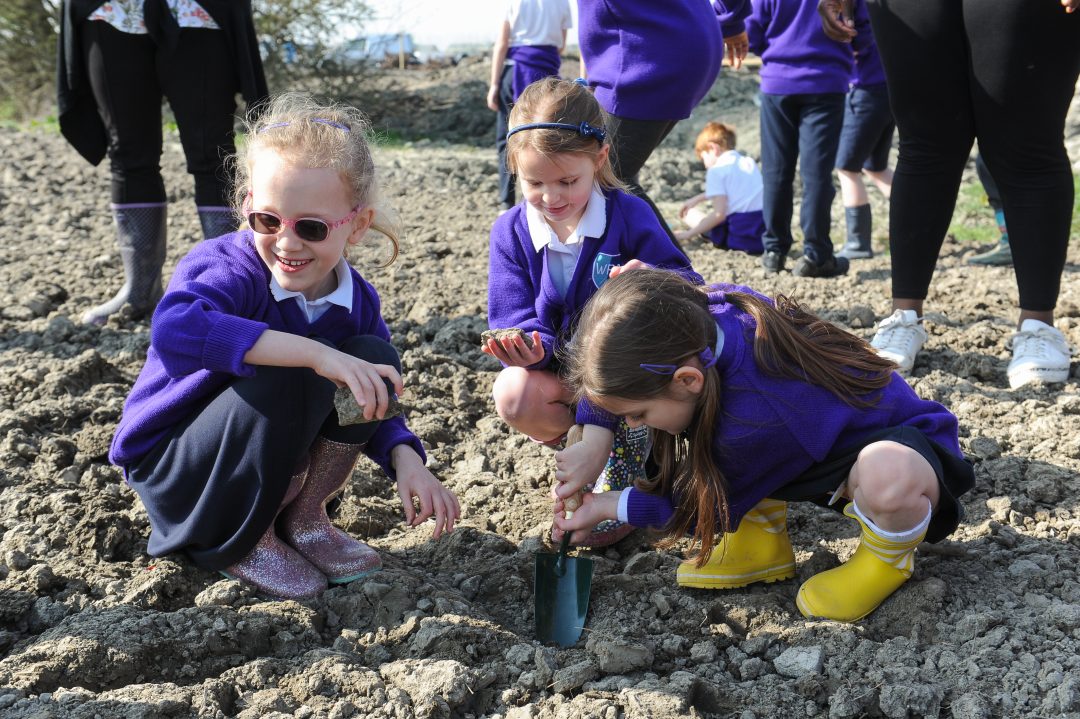Democratic deficit in local reporting
How often do you pick up a local newspaper? Would it surprise you to learn that each week there are 1000 local newspapers in circulation? And that their 1700 associated websites are read by more than 40 million people every week? During Local Newspaper Week (15-21 May 2017), Cratus is examining the role local newspapers play in contributing to local democracy and social inclusion.
Local media is the most trusted news source according to a study carried out by Consumer Catalyst. Local papers can produce tangible benefits for the communities they serve in a way that other media sources cannot. Communities expect and demand their local news outlets to scrutinise decisions made by local politicians, support campaigns defending their local services, conduct investigations to expose wrongdoing and give residents a voice.
In the current political climate, when manifestos and policy are being debated across media outlets, residents rely on their local newspaper to scrutinise local democracy and present unbiased, clear facts about candidates, their platform and the priorities for which they stand.
Fighting fake news isn’t the only problem facing local communities. Areas such as Wales, Middle England and the South East of England are underserved by local daily newspapers. And across the country, local daily newspapers serve less than half of the UK’s parliamentary constituencies. During the last general election, these constituencies received limited independent news about local candidates. In 206 out of the 330 constituencies without a local daily newspaper service, general election local reporting instances could be counted on one hand.
In some areas, under resourced local and regional newspapers often reprint council press releases word for word. There is no scrutiny of local democracy in that approach. Monthly council meetings take place, unreported to the communities on behalf of which the elected members speak. Local campaigns flounder and rely on more centralised (and less trusted) social media and fundraising platforms to promote issues pertinent to their neighbourhood.
Cratus works hard to engage with all tiers of local democracy. Local government isn’t an extension of our business, it is our business. Our independent research and monitoring services go beyond the local headlines because we already know that two thirds of local authorities are not served by local newspapers. We acknowledge that 40% of local authorities in England, Scotland and Wales have only one commercial publisher responsible for their print circulation and our teams also work in local authorities where there is no professional reporting taking place at all.
Like journalism, politics is fundamentally local. Local affairs are best understood by those engaged with and working in those communities. The same is true of Cratus with our uniquely local focus, engaging with communities across the country on behalf of both the public and private sector. With over 50+ years of local government experience between us, we are expertly placed to cut through the local jargon, to translate council meeting negotiations and to monitor and protect our clients’ business interests at every stage of our engagement.
Our World is always Local but Local Newspaper Week serves to remind us of the power of local democracy and the importance of strengthening local platforms for communication, engagement and social inclusion in all constituencies of the UK.







